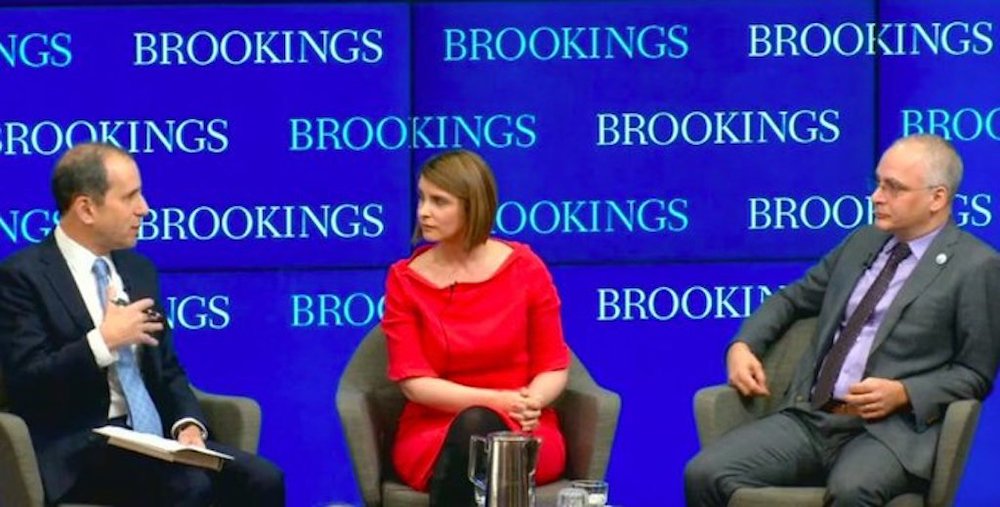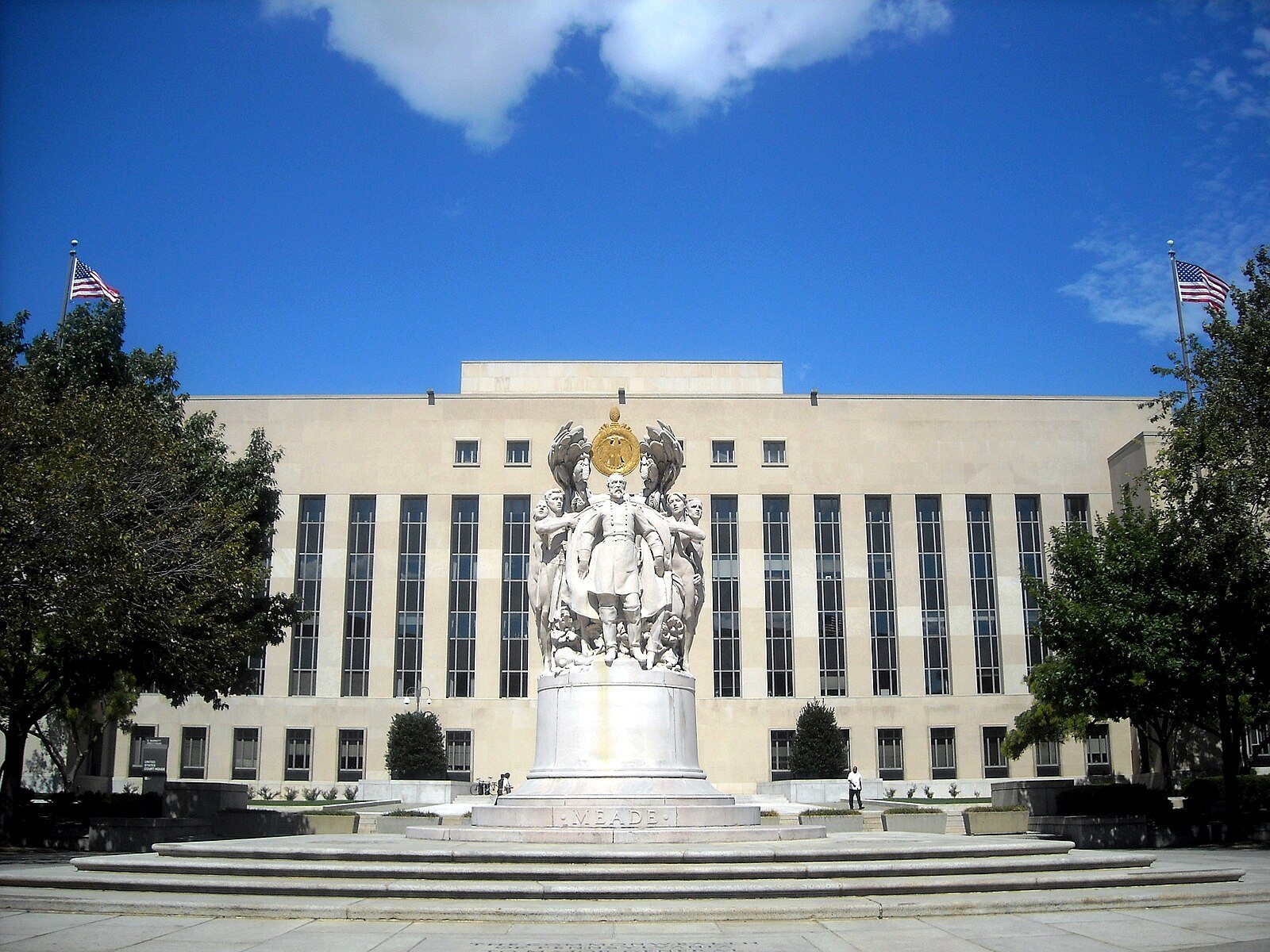We Wrote a Book: “Unmaking the Presidency”
The book we published today began with a series of Lawfare posts.

Published by The Lawfare Institute
in Cooperation With

Today, we published a new book, “Unmaking the Presidency: Donald Trump’s War on the World’s Most Powerful Office.” It reflects nearly four years of thinking about the interaction of President Trump’s personality and the powers of the office he holds; thinking that has evolved as we have witnessed the ways in which the man and the office have coexisted and clashed. We think it is genuinely different from other works in the growing literature on President Trump and hope you will find it valuable.
The core argument we advance is that Trump—though not a political theorist by any means—is proposing a revision to a broadly shared understanding of the American presidency. This may seem to give too much credit to an administration that often appears to function more as an impulse control disorder than under any rational theory of governance. We argue, however, that behind all Trump’s violations of the norms of the presidency is an actual vision of the presidency—if only an inchoate vision that Trump himself might be unable to articulate. This vision, we argue, is radically different from the assumptions of the traditional presidency.
“Unmaking the Presidency” is an attempt to take this vision of the presidency seriously: to describe it in detail, to study how it manifests across a range of presidential powers, and ultimately to defend the traditional presidency from Trump’s proposed revision of the institution.
What is Trump’s vision? As we say in the book’s introduction:
Most of all, Trump proposes a presidency that elevates the expressive and personal dimensions of the office over everything else. It is one in which the institutional office and the personality of its occupant are almost entirely merged—merged in their interests, in their impulses, in their finances, and in their public character. In elevating the expressive, vanity-plate dimensions of the office and making it a personal vehicle for the public self-expression of the officeholders, he proposes sublimating nearly all other traditional features of the presidency: its management functions; its expectation of good-faith execution of law; its expectation of ethical conduct, truthfulness, and service. This vision of the presidency thus unsurprisingly produces a genuinely novel set of deployments of the executive’s traditional powers, ones that are profoundly different from those of prior presidents.
One of the arguments we advance in “Unmaking of the Presidency” is that Trump’s abuse of his office is fundamentally different from traditional separation of powers fights over executive power, in which presidents have sought to aggrandize their office by pushing at the margins of its authorities. Trump’s abuses, as we try to show in the book, have not taken place at the edges of the president’s powers; they have almost uniformly occurred, rather, at the core of the president’s authorities. They have involved his powers to appoint and remove executive branch officials. They have involved his processless administration of the executive branch. They have involved his pardons, real and threatened. They have involved his supervision of law enforcement to reward his friends and punish his enemies. They have involved the impulsive and chaotic manner in which he conducts foreign policy. They have involved his pursuit of financial self-enrichment. They have involved his abusive speech. They have involved his lies.
Most fundamentally, they have involved what is perhaps the most novel proposition of the Trump’s presidency: that civic virtue does not matter. The traditional presidency places a high value on civic virtue. The effectiveness of the presidential oath of office depends on it pervasively. But Trump has operated his presidency without the slightest pretense of anything of the kind. He makes plain that it’s all about him, not about public service or about pursuit of the national good. This oathlessness, we argue, lies at the core of Trump’s vision, and it underlies many of the specific deployments of presidential power we discuss.
The book covers a lot of ground. It begins with Trump’s oath of office and then explores the disunity of the executive branch under his leadership, the total breakdown of executive branch decision-making processes, Trump’s highly innovative style of presidential speech, his inexhaustible fountain of lies and disinformation, his contempt for ethics regulations, his vision of justice and federal law enforcement, his approach to being investigated, his impulsive conduct of foreign affairs, and his use of the unreviewable powers of his office. The goal, along the way, is to describe how we came to form particular expectations of the presidency, so the book goes into a lot of history of the presidency—some of which, we hope, will be entertaining as well as interesting.
In the end, though, the book is a defense of the traditional presidency, which seems to us to need a defense right now.
Today, as we write these words, the Senate is beginning the impeachment trial of President Trump. One year from now, he will either be reinaugurated or replaced. That means we are in a year of decision: Is Trump’s vision of the presidency one the American public wants to ratify? Or is it a vision that requires repudiation?




.jpg?sfvrsn=407c2736_6)


